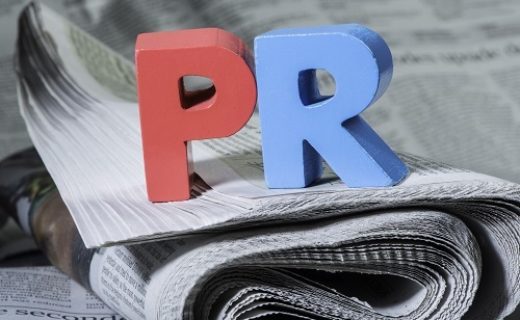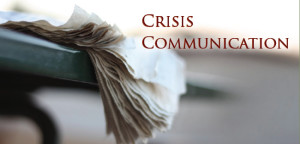The folks that brought you the tobacco lawsuits of the 1990s are back and they have found a new industry to target – food makers. Over the past month publications such as the New York Times, Los Angeles Times and others have been reporting on lawsuits against food makers. Also, we have seen stories pop up in the media alleging deceptive advertising by food makers (the food inside the package is not as tasty looking as the food on the package). Indeed the very lawyers who handled the tobacco lawsuits are behind these lawsuits. One of the lawyers even admitted that they have been looking for a new industry to target. This should not come as a surprise. I remember working in Florida at the time, the late Governor Lawton Chiles had legislation passed to go after the tobacco industry. The original legislation was worded so that any industry that the State of Florida wanted to go after could be subjected to a lawsuit. The lawyers were very clear that they had the liquor and food industries in their sites. The tobacco industry believed in a strategy of litigating until the lawsuits went away. They were slow to counter the public relations war that was being waged against them. Food makers would be wise not to repeat this mistake. What should the food industry do?
First the food companies need to do training on crisis communications. They need to prepare themselves for the lawsuits that are coming. Chances are if they haven’t been served yet, they will be. A crisis communications plan needs to be laid out from whom will be the public face of the company to talking points that will be laid out. In this day of social media, companies need to include a social media component for their crisis communications plan. Once the lawsuits are filed and the other side begins their public relations war – be charges of deceptive advertising to a charge that a certain food made someone obese, food companies need to go on a public relations offensive. Lawyers will advise saying nothing but look at how well that advice played out for the tobacco companies. They need to point out how they meet every requirement set by the federal government and state governments in the manufacture of their products. They need to call out the lawsuits as frivolous and bring up the comments made by the lawyers that they are looking for industries to target. Trial lawyers make great villains especially when they are on record saying they are targeting an industry to make money off of it. They need to put the plaintiffs and their attorneys on trial in the media. (Remember the outrage over the lawsuit against McDonalds where the lady spilt her hot coffee and sued not only McDonalds but the cup maker as well because there was no warning that coffee could be hot?) Finally in their rebuttals, they need to point out how these lawsuits are costing consumers because the price for food products are affected by the lawsuits and also outline the products that are being targeted and why consumers will be the losers.
Next food companies must do an outreach and education program with other industries and companies. It needs to be pointed out that today it is the food industry, tomorrow it will be another industry unless these lawsuits are stopped. Bringing other industries and businesses into the battle helps with the public relations war because ultimately every industry from airlines to alcohol to even toy makers can be affected because the lawyers will target one of them next. Working with other companies will allow for pressure to build on state legislatures and even the federal government in dealing with tort reform. Short term, working with other industries will create pressure to keep state governments and the federal government from joining the lawsuits as they did the tobacco lawsuits.
In fighting lawsuits, the food industry is facing seasoned pros in both litigation and publicity. These lawyers defeated the tobacco industry and won the public to their cause through savvy use of the media and publicity. They are seeking now to do the same to food makers. Food companies can avoid the fate of tobacco companies by not being caught sleeping and preparing for the upcoming public relations battle now.
David Johnson is the CEO of Strategic Vision, LLC, an Atlanta based public relations agency. Additional information on him and Strategic Vision, LLC may be obtained at www.strategicvision.biz






